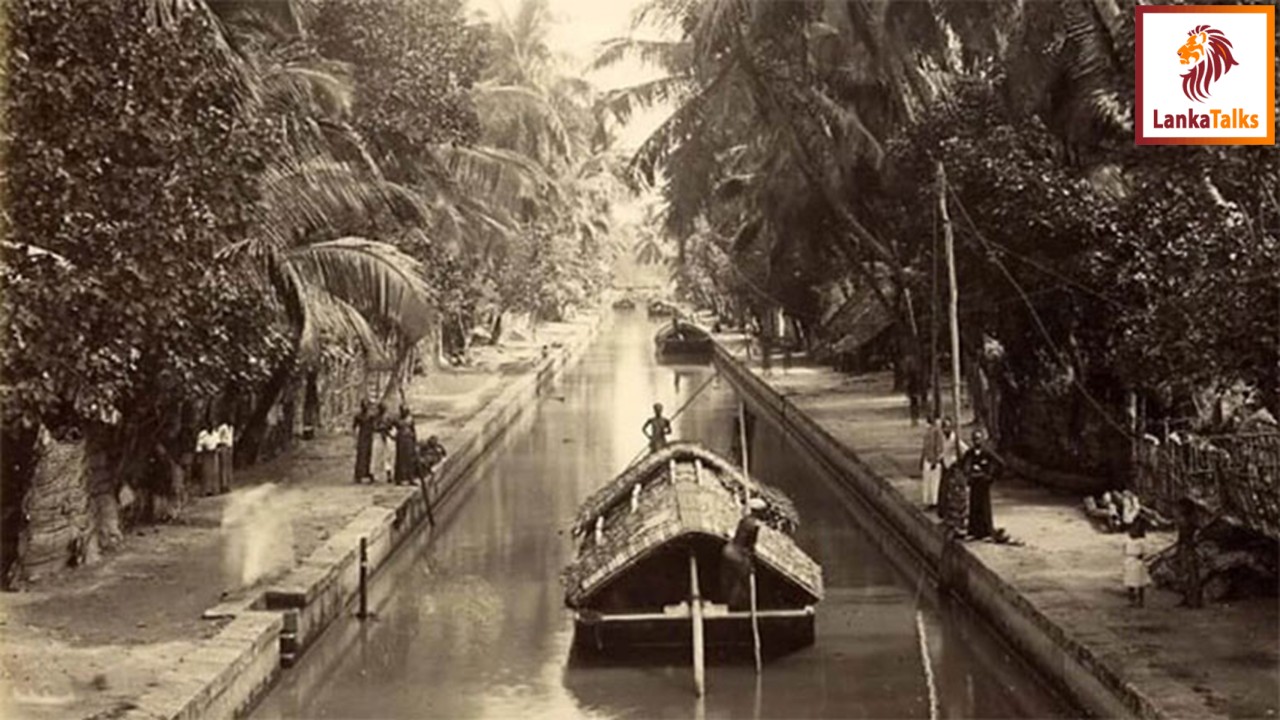Real estate is property in the form of land & buildings, rather than personal possessions (Refer Collins). A historic analysis of human conflicts proves that most revolved around real estate. King Elara of South India (111BC) managed Sri Lankan real estate for nearly half a century thus recording a notable conflict (Ref. Mahavansa). Genghis Khan (11th century AD) of the Mongol empire who invested vast resources to temporarily occupy real estate in Central Asia may be considered bad. Christopher Columbus (14th century AD) who took over real estate from native Red Indians may be considered good as the colonizers still control Americas.
The Chinese sailed to Americas a century before him but never attempted real estate management. However, they manage their estate in China to stabilize the 2nd largest economy & the world at large. In the recent weeks Shanghai, Shenzhen, Guangzhou & Beijing introduced real estate policies to stabilize while stimulating the national real estate market through financial & fiscal measures. This indicates the dedication of the Socialists who govern China towards uplifting people's livelihoods. Lowering housing loan interest rates & down payment ratios shall reduce the economic burden & enhance house purchasing power of the public. Social conflicts especially among low income sectors can be minimized by solving housing problems. It shall promote social equity & stability. It’s a good lesson for developing countries as real estate markets affect economic stability (Ref. Media).
What’s in it for Lipton’s tea estate?
Analysts believe that real estate market also impacts fiscal revenue & the job market. Fluctuations in the real estate industry shall affect employment in related industries causing social conflicts at grass roots. For Sri Lanka (AKA Lipton’s Tea estate), it is closely related to social stability. When housing prices are high & the market fluctuates, it will raise social dissatisfaction & ignite conflicts. Therefore, supportive policies to stabilize the real estate market will help alleviate social conflicts & maintain stability. Introduction of policies can be the first step. Its effectiveness has to be tested over time.
Socialist governments nationalized private real estate expecting progress but one may say they failed to prevent conflicts & sustain power. President Premadasa introduced the village reawakening program to address the issue from different directions. Being a country expecting stability after the November general election, ‘Rubanisation’ (introduced by Singapore) is a good point to start thinking. Those expecting to contest in November to become policy makers may focus on similar policies to reduce ethnic conflicts while saving energy & human hours. If China’s Belt & Road is properly managed, real estate market may directly strengthen in Western, Southern, Sabaragamuwa, Eastern & Uva provinces. With more connections to South India, real estate market in North Western, Northern & Eastern provinces may have a direct impact. Public & Private real estate should be used to stabilize the economy.
(Views expressed are personal).




 A.R.B.J Rajapaksha
A.R.B.J Rajapaksha



